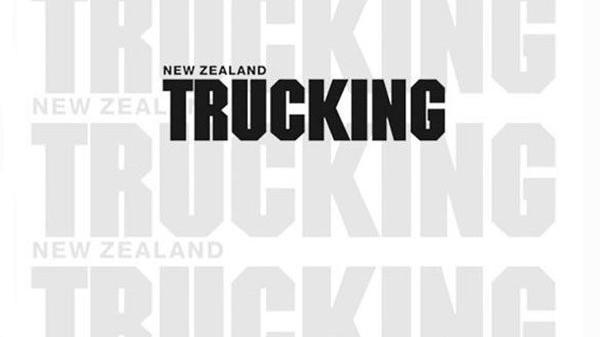Stick to the principle – The Industry is not a cash cow

The Motor-Spirits Taxation Act of 1927 established an important principle in New Zealand relating to funding for our roads – the principle of user pays. Simply, if you use the roads, you pay for their development and their upkeep. This act introduced a customs duty of four pence per gallon on motor spirits – as petrol was known back then. The money received was to be paid into the Government Consolidated Account and, after the deduction of administrative expenses and refunds, distributed 92% to the Main Highways Account, with the rest distributed to local councils for building and maintenance of local roads.
In 1977, the tax paid on diesel was replaced by road-user charges that also applied to all vehicles with a GVM greater than 3500kg, regardless of fuel type.
Over the intervening years, successive governments have syphoned off the money collected for roading into such things as subsiding public transport and, more recently, walking and cycling ways, exemptions for vehicles that meet the definition of EVs and other ideological projects. I don’t think anybody minds paying for what they use – but this should be applied equally and fairly across all road users.
The recent consultation document on reforming the road user charges system, Road User Charges Consultation|Ministry of Transport, seeks comment on whether the electronic collection of RUC on heavy vehicles should be mandated, whether the RUC exemptions for some light EVs should become permanent, and whether RUC charges should include other factors not related to road damage, such as greenhouse gas emissions, congestion and noise.
As an industry, we need to become very vocal about these ideas, especially given the state of our roads. Every cent collected for the building and maintenance must be ploughed back into what it was collected for. Treating RUC as a cash cow, as these proposals suggest, needs to be vigorously opposed, and I don’t mean just writing up press releases that express the industry’s concern. More visible opposition is needed.
On the same note, one of the government’s relief measures to offset the increasing cost of fuel by reducing fares on public transport for three months has renewed calls for public transport to be free for all. I have yet to see an analysis of who would pay from the advocates. Mind you, one would expect these advocates would like to see the Land Transport Fund to be the entire funding agent – and, of course, this draws most of its income for RUC and fuel tax.
It is perhaps an indictment on the associations that purport to represent the industry that, at the time of writing, it seems none have asked the basic question of ‘who pays?’ to the advocates of free public transport. Perhaps it is not politically correct or expedient to ask this sort of thing anymore.
Finally, full marks to the police officer who, on the morning of the opening of Transmission Gully, went above and beyond to demonstrate that the 250m gravel-filled runaway vehicle arrester pit is fit for purpose and does what it is designed for.
Read more
Taking Control
0 Comments5 Minutes
And so the year ends
0 Comments5 Minutes
Return of the night carts
0 Comments5 Minutes
Dead like the dodo
0 Comments5 Minutes



